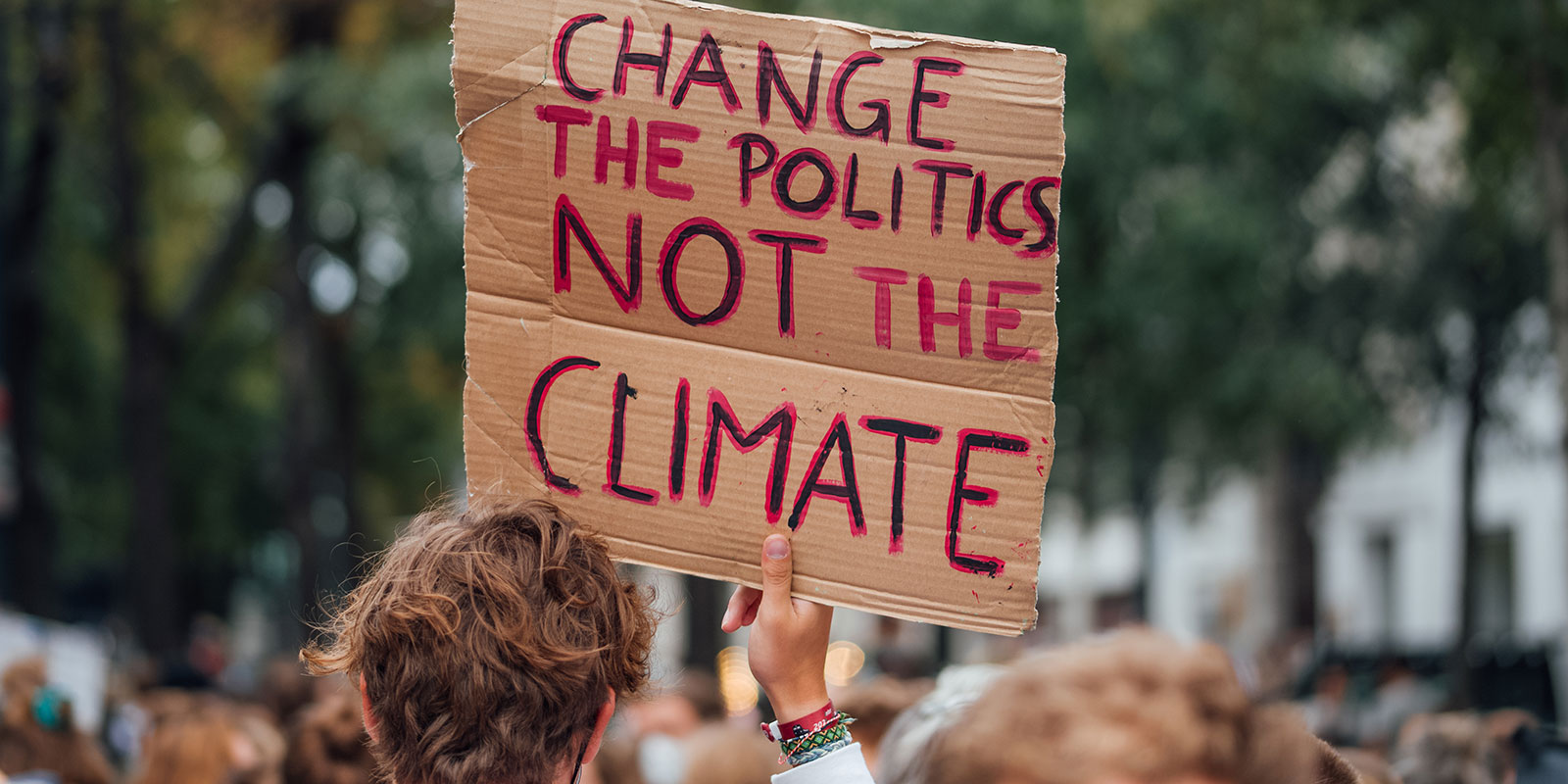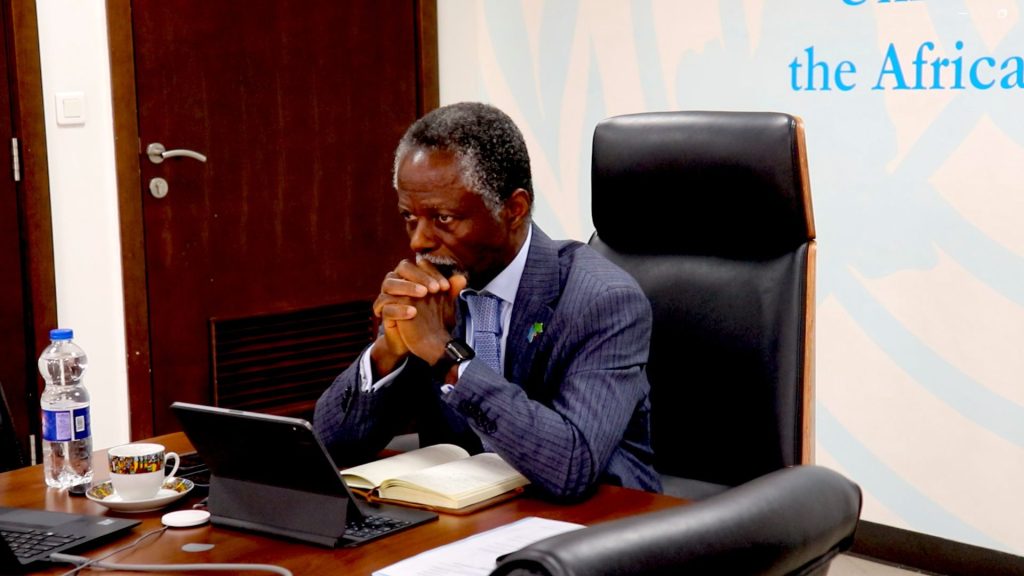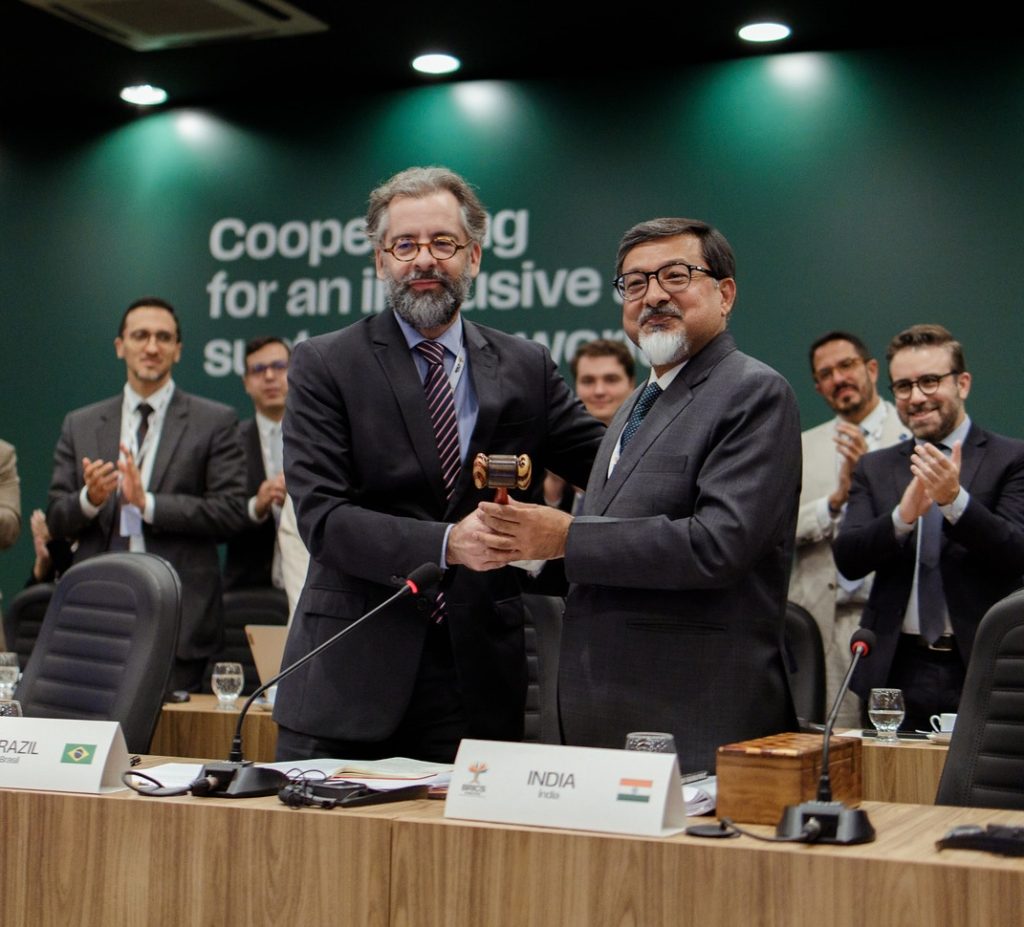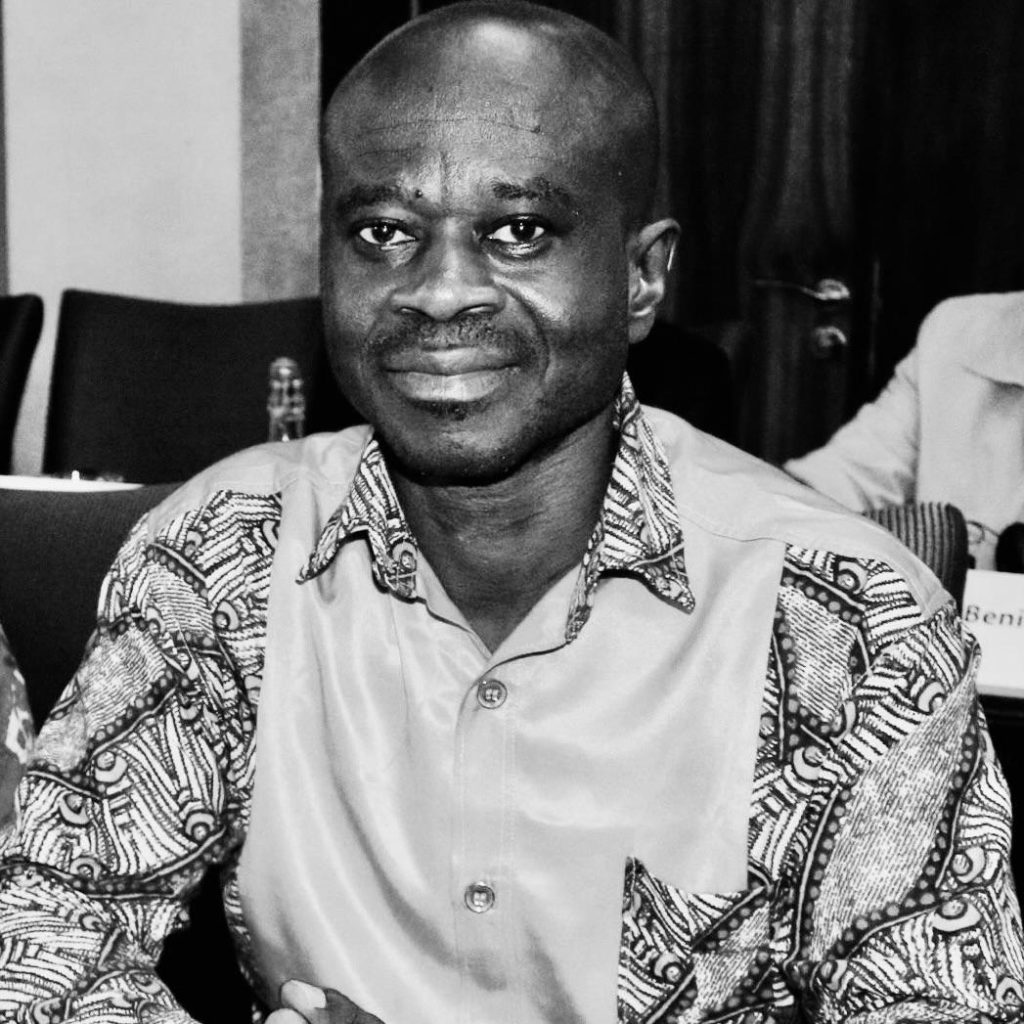A new study by researchers from the Climate Risk Lab at the University of Cape Town (UCT) has found that a majority of Africans across 39 countries place the primary responsibility for addressing climate change on their own governments. A further third look to their fellow citizens to take action, while only a few feel that it is the responsibility of historic emitters. However, education, decreased poverty, and access to new media sources made it more likely for respondents to attribute responsibility to historic emitters.
Understanding the expectations of citizens can clarify their expectations and inform how national governments respond, and the study plugs a gap in this under-researched and highly vulnerable population.
Dr Nick Simpson, Chief Research Officer at the Climate Risk Lab who conceptualised and co-led the research with Assistant Professor Talbot Andrews from Cornell University, highlights that their findings are concerning, because they also show that for those with the least capacity to deal with climate impacts, there is a low expectation that their governments will improve their responsiveness. This, he says, is important because the political salience of climate change themes among political parties and voters remains comparatively low in Africa.
Dr Debra Roberts, a co-author of the study and formerly the co-chair of the IPCC’s Working Group II Sixth Assessment Report, explained that its results are important as political actors and climate governance stakeholders more broadly will need to pay greater attention to climate action as citizens experience climate impacts, understand its consequences, and increasingly look to hold their representatives and governments to account.
The study also assessed the link between state professionalism (whether a range of services are easy to use and free from corruption) and the extent to which citizens felt it was up to the rest of the population or their governments to respond to climate change. It found that in regions with high levels of state professionalism, respondents are more likely to say that ordinary citizens can do something to address climate change. Commenting on this, Simpson said that “interestingly, state professionalism is associated with citizens’ increased willingness to address climate change, their increased demand that the state also addresses the issue, as well as their willingness to hold the government accountable, all three are consistent with the virtuous cycle.”
Dr Chris Trisos, Director of the Climate Risk Lab and who contributed to the article, has highlighted the opportunity for change as the findings show citizens who have access to resources and information are associated with support for climate action broadly, the empowerment of everyday Africans to act, and the recognition that historic emitters should play a larger role in climate action.
The findings underscore the need for future work to understand the interactions between levels of climate literacy, citizen perceptions on who is responsible, and how Africans evaluate the actions of their governments and historic emitters.
The study comes at a time of heightened interest in public perceptions of climate action. Recent research by the Guardian challenges the illusion that climate action is unpopular, finding that 89% of people globally wanted their governments to do more to respond to climate change, but mistakenly assume their peers do not. Their work suggested that dispelling the myth could be a game-changer, and could push the world over a social tipping point. Having its origins in a communication campaign, it could be a low cost and scalable measure that yields powerful outcomes.





